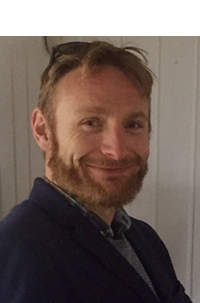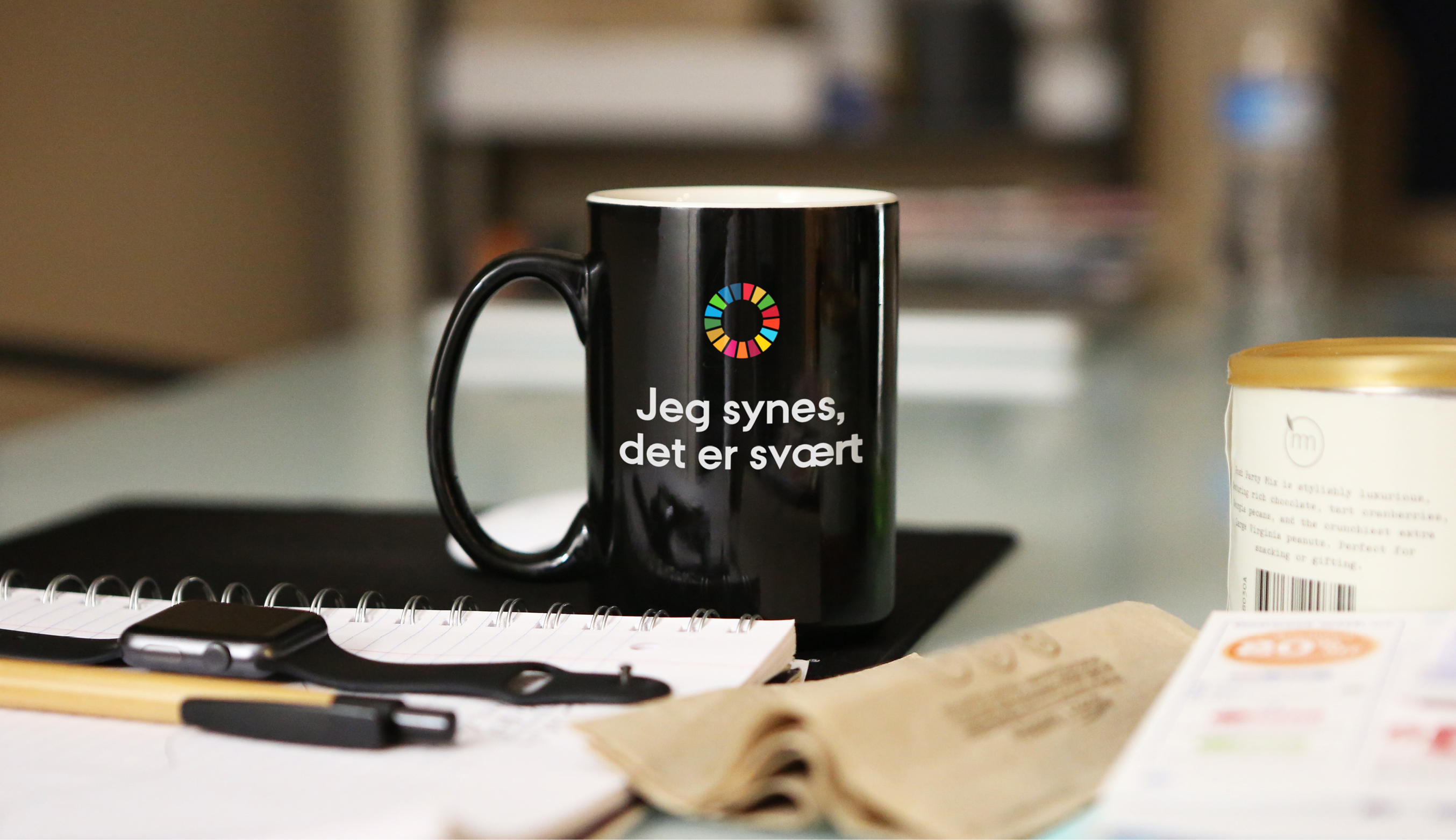Whether owner managers even decide to work with the Sustainable Development Goals depends on a psychological assessment based on three factors: 1. does it seem manageable? 2. do they feel a personal commitment? 3. do they see a business case? These are the words of psychologist and part-time lecturer Simon Elsborg Nygaard, Aarhus BSS.
“To get started, you need to break the process into smaller chunks to make it manageable. You also need to be personally committed, and here we’re not necessarily talking about an objective commitment. As a private individual, you might care about sustainability, but as an owner manager, you might have business-related hesitations. For that reason, you need to feel that there’s a business case,” says Simon Elsborg Nygaard who among other things studies the psychological aspects of the transition to sustainable and environmentally friendly behaviour.
Anxiety and fear
Thus the process may be driven by the opportunities you identify for your company. However, your actions may also be based on the fear of not acting - either in terms of being overtaken by competitors, which is what happened to Kodak when the management decided to ignore digital photos rather than embrace them. Or in terms of the state of the planet in general. International numbers show that more and more people are experiencing a mixture of worry and anxiety when it comes to the survival of the planet. This tendency is known under names such as climate anxiety or climate depression.
“Some people are so worried that they refrain from having children because they assume that wars on natural resources are imminent and will make the planet uninhabitable. Although there are no Danish studies, it is my impression that a lot of people find this anxiety hard to bear”, says Simon Elsborg Nygaard.
Not least because the media is constantly telling us stories about the terrible state of the climate; warning us about what will happen if we continue as now. At the same time, the state of the climate - and thus the state of us - depends on an insurmountable number of other factors beyond our control. Psychologically, this is highly stressful, regardless of whether or not the stories are true.
“As long as people think they are true, they will feel the same level of worry. What matters in a psychological sense is thus where people think the world is going,” says Nygaard.

"Working with the Sustainable Development Goals is a moral stamp the impact of which should not be underestimated"
Simon Elsborg Nygaard, psycologist and part-time lecturer, Department of Psycologi and Behaviourial Science, Aarhus BSS
Opportunities rather than the doomsday scenario
If you look at the data, there is no doubt that we need to change our ways. If we do not, we will be needing three planet Earths by 2050. The question is how it will all end.
“We just don’t know and that’s why the apocalyptic discourse of the media is quite detrimental. The reason is that once you feel that everything is hopeless, psychologically you lose interest in making any kind of effort. Instead, the media should underline the severity of the matter, but also convey that there is hope. And there definitely is. For one thing, we could choose to rely on our ability to come up with new solutions to the untenable sustainability issue we are facing. In addition, we are also seeing a more or less global support for working with the Sustainable Development Goals,” he says.
For SMEs, the potential lies in focusing on the development opportunities rather than the doomsday scenarios. This is something that SMEs are already good at, as they would never manage their company based on dire visions of the future and on what people should refrain from doing. If the SMEs transfer this strategic knowledge to the Sustainable Development Goals, it may present them with a lot of opportunities in terms of employees and customers.
“Working with environmental sustainability gives employees a feeling of meaningfulness, pride and of making a difference. This will lead to a higher degree of job satisfaction and constitutes a new source of motivation closely linked to the employees’ commitment to the company. Thus, it is a way of differentiating your company positively from others. Working with the Sustainable Development Goals is a moral stamp the impact of which should not be underestimated,” Nygaard stresses.
It also makes a difference in terms of employee recruitment and retention. Not least when it comes to members of the younger generation who are not simply concerned with making money, but also want a job that is meaningful and allows them to express who they are as a person and also creates them: Am I a person working towards a positive development in the world or not?
Sustainability becomes a value
All the while, people do not just act as employees, but also as consumers. For that reason, working with the Sustainable Development Goals is also important for companies in terms of their external stakeholders, as sustainability becomes a value you can add to the product along with most people acknowledging that we have to do something about the environment. This allows companies to increase the price of their products.
“Instead of buying ordinary oranges, consumers would rather buy an orange that allows them to convey and create an identity linked to doing something good for the planet. As a consumer, you are looking for products that are meaningful in the sense that buying them corresponds with your values and also makes you part of something greater than yourself. And here, sustainability has real potential. It is such a big issue that allows the entire human race to work together on solving a common challenge,” says Nygaard.



